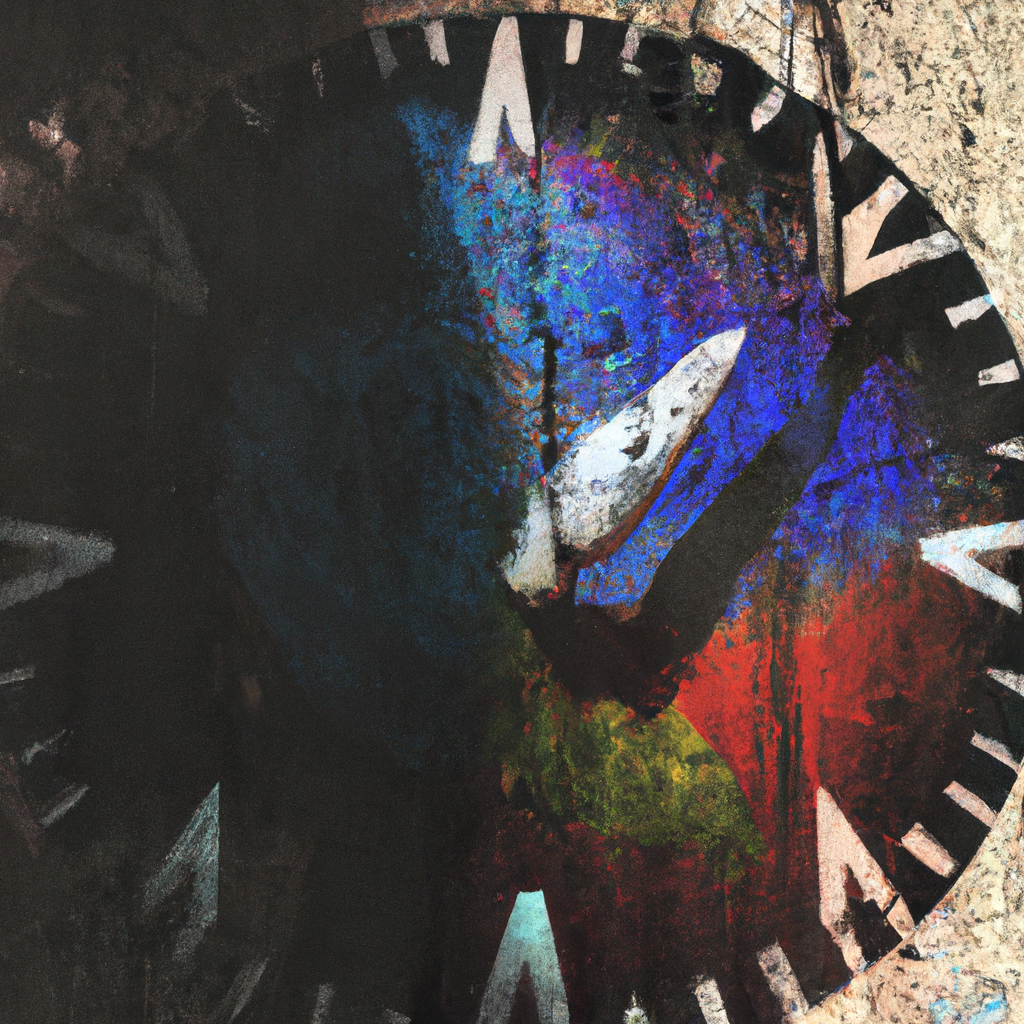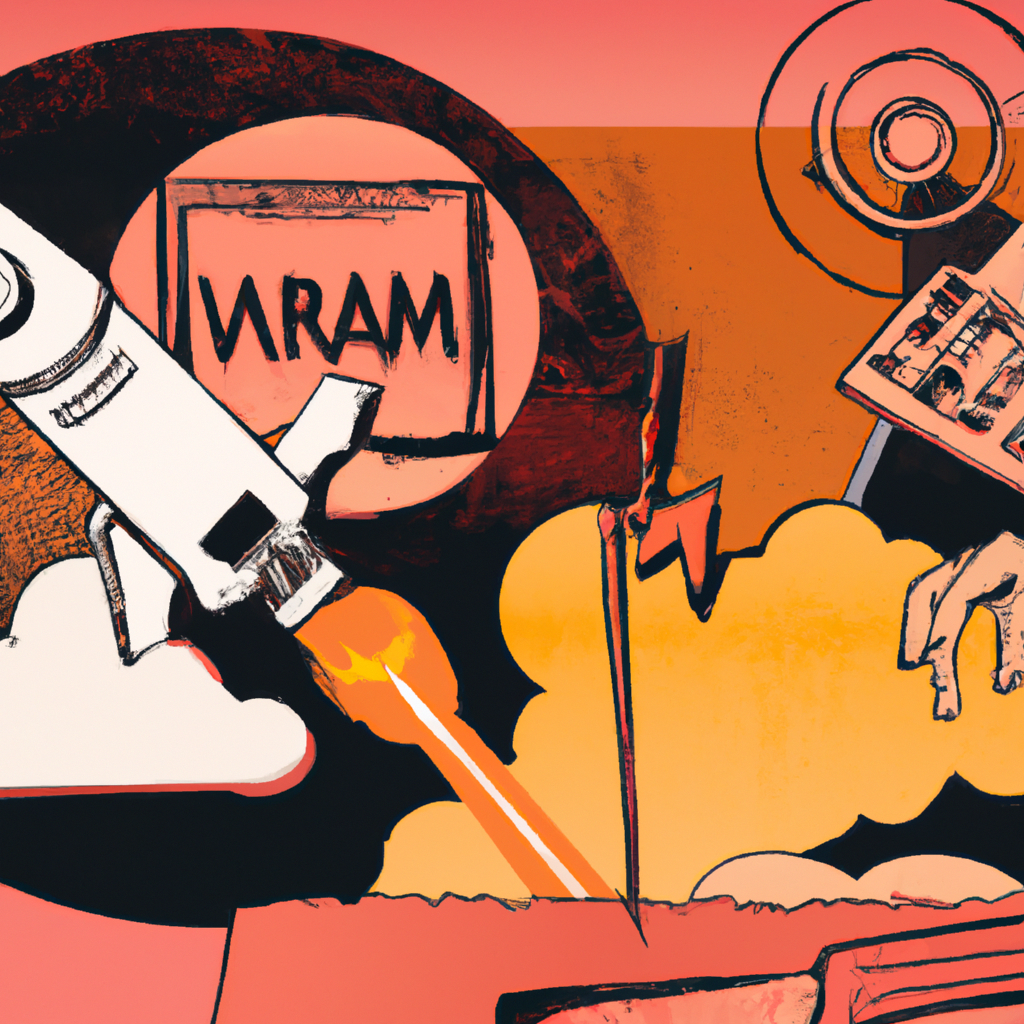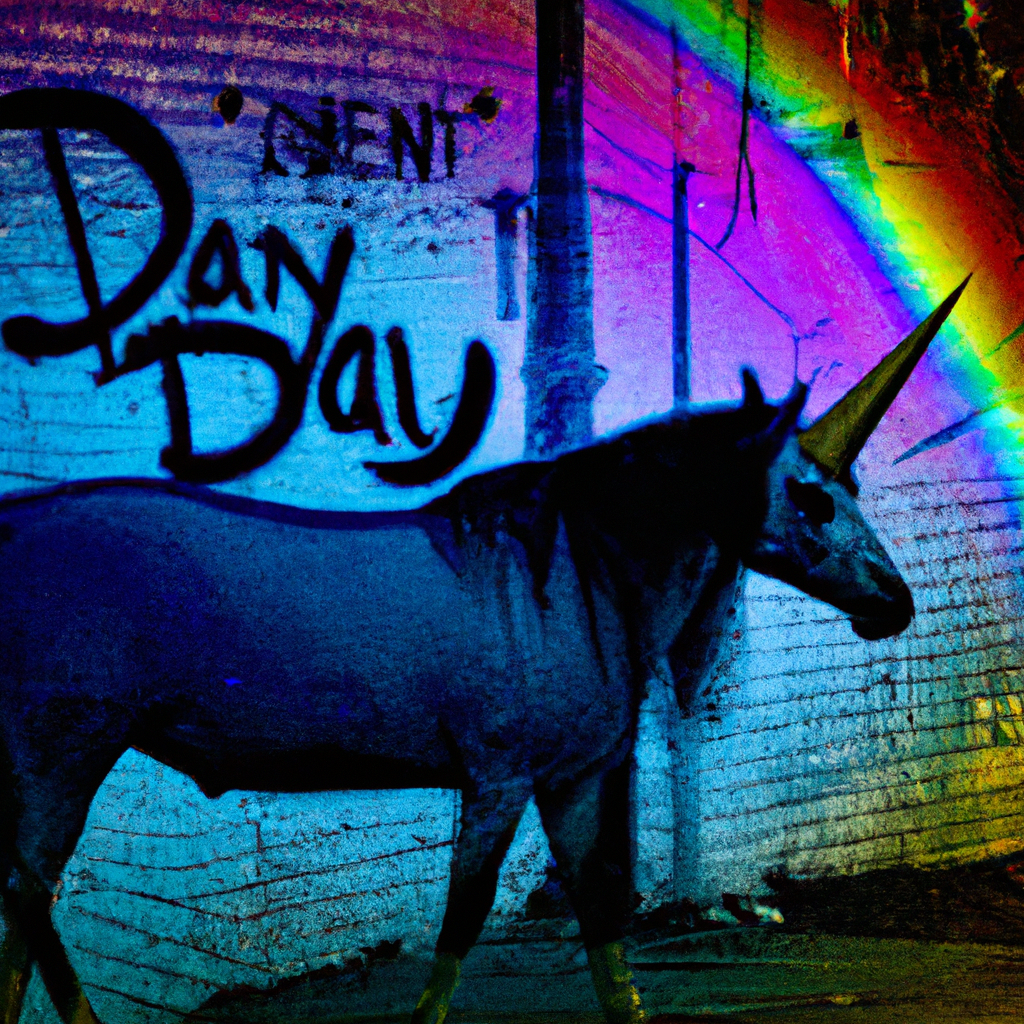Picture this: a perfectly preserved dinosaur egg unearthed in Argentina, and the world goes gaga like its the second coming of Jurassic Park. But hold your raptors! In the age of information, why are we so quick to clutch at prehistoric straws? Is it an existential longing or just a dino-sized distraction?
Whats Claimed
The claim making the rounds on social media is that scientists have discovered a perfectly preserved dinosaur egg in Argentina, sparking a frenzy of statements: Jurassic Park is real! and Dinosaurs are coming back! But are these claims as fossilised as the egg itself?
What We Found
Upon digging deeper, we find that while a dinosaur egg was indeed discovered, the notion of it being perfectly preserved is a tad hyperbolic. According to the scientists involved, the egg provides significant insight into dinosaur embryology but isnt exactly a time capsule ready to hatch a baby velociraptor.
Cultural Context or Why It Matters
In a world where scientific literacy often takes a backseat to sensationalism, this story serves as a potent reminder. Why do we yearn for dinosaurs to walk the Earth again? Perhaps it’s a reflection of our dissatisfaction with the mundane, or an allegory for the wild unpredictability of nature that we both fear and crave.
Moreover, the quick spread of misinformation highlights a deeper societal issue: the struggle between scientific fact and fantastical fiction. As we navigate this digital landscape, it’s crucial to ask ourselves: are we informed citizens or just consumers of captivating headlines?
The Receipts
- Reuters – Dinosaur egg discovery
- Nature Journal – Dinosaur embryology study
- Snopes – Dinosaur egg fact-check
Verdict
Misleading The egg is significant for research but doesnt support the sensational claims of a “perfectly preserved” state.





